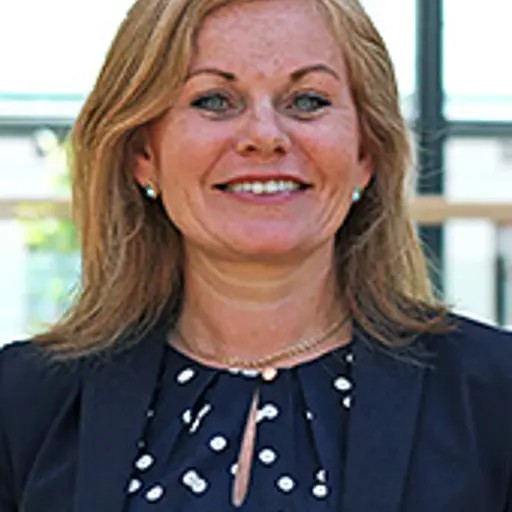Course syllabus adopted 2022-02-15 by Head of Programme (or corresponding).
Overview
- Swedish nameIngenjörsmetodik
- CodeTEK345
- Credits7.5 Credits
- OwnerTIEPL
- Education cycleFirst-cycle
- Main field of studyMechanical Engineering
- DepartmentTECHNOLOGY MANAGEMENT AND ECONOMICS
- GradingUG - Pass, Fail
Course round 1
- Teaching language Swedish
- Application code 68121
- Minimum participants15
- Open for exchange studentsNo
- Only students with the course round in the programme overview.
Credit distribution
Module | Sp1 | Sp2 | Sp3 | Sp4 | Summer | Not Sp | Examination dates |
|---|---|---|---|---|---|---|---|
| 0109 Project, part A 1.5 c Grading: UG | 1.5 c | ||||||
| 0209 Project, part B 6 c Grading: UG | 6 c |
In programmes
Examiner
 Susanne Kullberg
Susanne Kullberg- Lecturer, Supply and Operations Management, Technology Management and Economics
Eligibility
General entry requirements for bachelor's level (first cycle)Applicants enrolled in a programme at Chalmers where the course is included in the study programme are exempted from fulfilling the requirements above.
Specific entry requirements
The same as for the programme that owns the course.Applicants enrolled in a programme at Chalmers where the course is included in the study programme are exempted from fulfilling the requirements above.
Course specific prerequisites
Basic competence and standard qualifications.
Aim
The aim of the course is to provide students with insights and understandings of an engineer's professional role, the engineer's duties in the chosen technology area, and to introduce issues and working methods that characterize engineering activities. The course also aims at giving students understanding of content in the study programme for Economics and Manufacturing Technology.
Learning outcomes (after completion of the course the student should be able to)
Knowledge and understanding
- Give examples on the professional role of an engineer and position of engineers in society
- Have orientated knowledge of modern and efficient production processes
- Have knowledge of industrial management and calculation
- Have basic knowledge on group work and development processes
Skills and abilities
- Be able to read and understand technical documentation
- Describe project work as a form of work and applying these skills
- Compile and present results from an engineering project work both orally and in writing
Judgement and approach
- Reflect on equality, diversity and equal treatment aspects of work organisation
- Search for relevant information and assess the quality of various types of documents or sources
Content
The course is interdisciplinary, in which several different subject areas are integrated, practical and theoretical, with the aim of providing students with orientation skills in several subjects that are central to the professional role of an engineer. The subject area of production technology comprises reading technical drawings, manufacturing techniques, preparation and a comprehensive understanding of the production process as well as introduction to industrial management. In the project planning section students receive both theoretical knowledge in the subject area as well as the opportunity to apply these in the course project assignment. Information retrieval is carried out at Chalmers' library, where the students are trained in information retrieval and critically review documents and other sources. In the communication section, technical reporting is conducted, in both writing and oral presentation.Organisation
The course consists of lectures, exercises, supervision of project work and a field trip.Literature
Swedish literature, see Swedish translation of this page.Examination including compulsory elements
Project A: Test in Technical documentationThe course examiner may assess individual students in other ways than what is stated above if there are special reasons for doing so, for example if a student has a decision from Chalmers about disability study support.